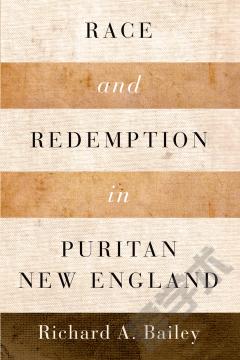Power and the Pulpit in Puritan New England
For years, scholars have attempted to understand the powerful hold that the sermon had upon the imagination of new england puritans. In this book emory elliott puts forth a complex and striking thesis: that puritan religious literature provided the myths and metaphors that helped the people to express their deepest doubts and fears, feelings created by their particular cultural situation and aroused by the crucial social events of seventeenth-century america. In his early chapters, the author defines the psychological needs of the second- and third-generation puritans, arguing that these needs arose from the generational conflict between the founders and their children and from the methods of child rearing and religious education employed in puritan new england. In the later chapters, he reveals how the ministers responded to the crisis in their society by reshaping theology and constructing in their sermons a religious language that helped to fulfill the most urgent psychological needs of the people.
{{comment.content}}








 京公网安备 11010802027623号
京公网安备 11010802027623号